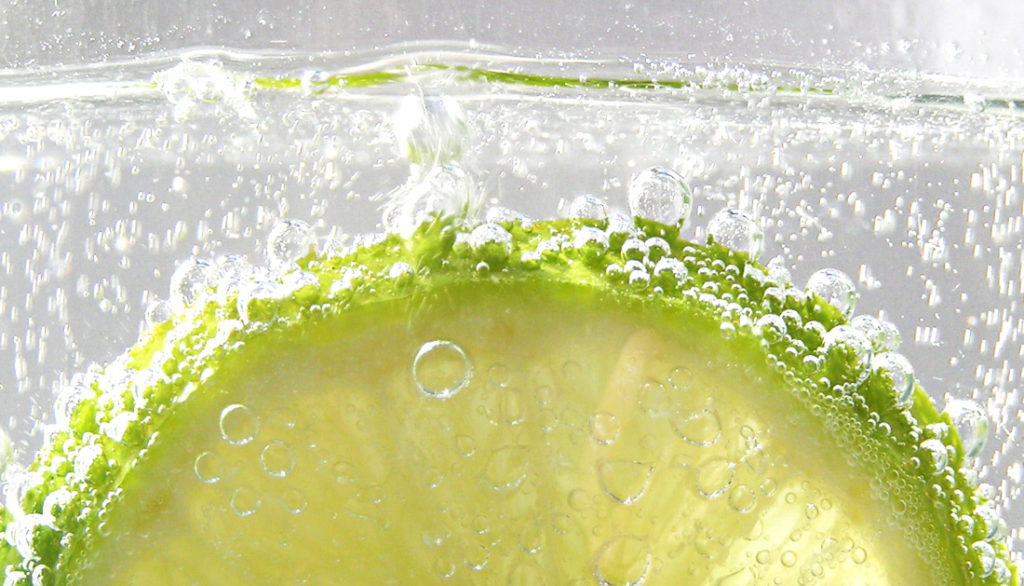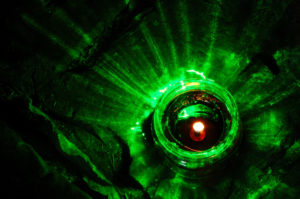Carbonated Soft Drinks: What You Should Know
The Food and Drug Administration ensures that carbonated soft drinks are safe, sanitary, and honestly labeled. In fact, FDA has established Current Good Manufacturing Practices for carbonated soft drinks, which describe the basic steps manufacturers and distributors must follow to make sure carbonated soft drinks are safe.

Carbonated Soft Drinks
What You Should Know about Carbonated Soft Drinks
The Food and Drug Administration (FDA) ensures that carbonated soft drinks are safe, sanitary, and honestly labeled. In fact, FDA has established Current Good Manufacturing Practices (CGMPs) for carbonated soft drinks, which describe the basic steps manufacturers and distributors must follow to make sure carbonated soft drinks are safe.
Additives and Contact Substances
Only food and color additives that are determined to be safe, based on scientific information available to FDA, may be used in carbonated soft drinks. For example, this might include additives such as citric acid as a flavoring or a preservative, or caramel coloring. Food contact substances — the materials the carbonated soft drink “comes in contact with,” such as the bottles and cans in which it is sold; also are strictly regulated for safety.
Nutrition Labeling
The Nutrition Facts Panel on carbonated soft drinks typically includes the serving size and the nutrients provided in a serving: calories, total fat, sodium, total carbohydrate, sugars (if present), and protein. If a nutrient content claim, such as “Very Low Sodium,” appears on the label, the manufacturer must also add the statement “Not a significant source of ________,” with the blank filled in by the names of nutrients that are present only at insignificant levels.
According to the American Beverage Association American consumers on average drank just over 54 gallons of carbonated soft drinks each in 2005. That made carbonated soft drinks the most popular beverage in the U.S., almost three times more popular than bottled water, milk or coffee.
Additional Label Information
Additional information on carbonated soft drinks containers includes:
- Name and address of the manufacturer, packer or distributor.
- The “net quantity,” or the amount of carbonated soft drink in the container.
- All the ingredients, listed in order of predominance by weight. In other words, the ingredient that weighs the most is listed first, and the ingredient that weighs the least is last. For carbonated soft drinks, the first ingredient usually will be carbonated water.
- Chemical preservatives with an explanation of their function, such as: “preservative,” “to retard spoilage,” “a mold inhibitor,” “to help protect flavor,” “to preserve freshness,” or “to promote color retention.”
Diet carbonated soft drinks containing phenylalanine must also include the statement, “PHENYLKETONURICS: CONTAINS PHENYLALANINE,” for individuals who suffer from phenylketonuria, a genetic disorder in which the body can’t process that amino acid. If the phenylalanine level gets too high in these individuals, it can damage the brain.
A Note About Benzene
Benzene, a carcinogen, may form at very small levels in some carbonated soft drinks that contain both benzoate salts (added to inhibit growth of bacteria, yeasts, and molds) and ascorbic acid (vitamin C). FDA has no standard for benzene in beverages other than bottled water. For bottled water, FDA has adopted the US Environmental Protection Agency maximum contaminant level of 5 parts per billion (ppb) for drinking water, as a quality standard.
Between November 2005 and May 2007, FDA analyzed almost 200 soft drink and other beverage samples and found that 10 samples contained benzene levels over 5 ppb. All 10 products have either been reformulated or discontinued by their manufacturers. Benzene levels in the reformulated products, if detected at all, were less than 1.5 ppb.
FDA has determined that that the levels of benzene found in beverages to date do not pose a safety concernfor consumers. FDA continues to test beverage samples for the presence of benzene.











